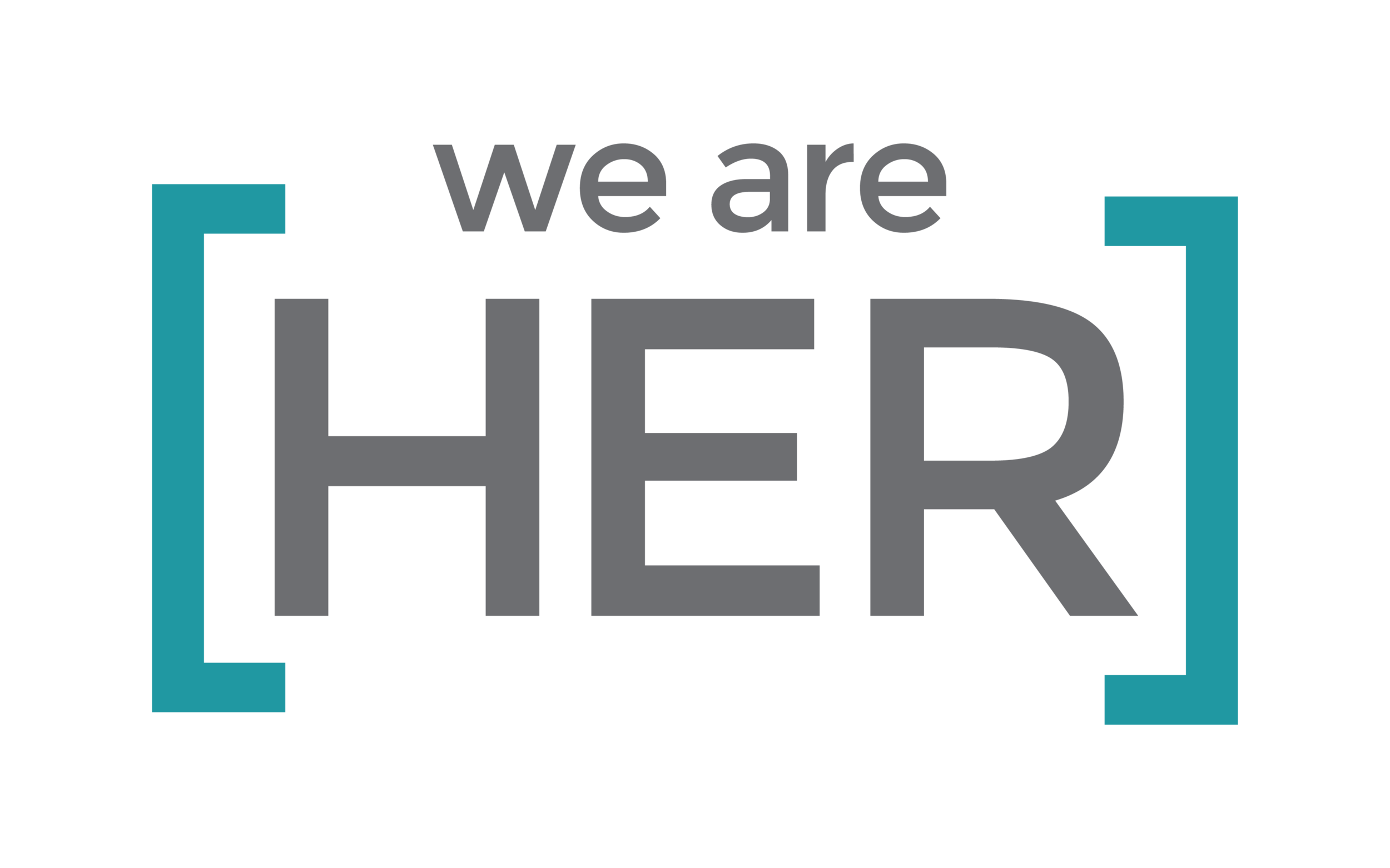4 Steps for Healing from Sexual Assault
This past week was spring break—a time many people use to go on trips, relax, and take a break from the stress that life so often causes.
For me, however, this spring break was different. I spent some time this spring break really trying to process everything that I have gone through in the past twelve years. More specifically, I was trying to process what I have experienced in the past 12 months.
These past 12 months have been exceptionally hard for me. The trial against my childhood abuser was dropped days before the trial and I was assaulted by two “friends.” This happened while trying to maintain my full-time student status, working three jobs, and keeping up with my other obligations.
So, this past week, I decided to solely focus on myself. This is a task that I'm not good at. I rarely take time for myself because I struggle with feeling like I'm being selfish or that I'm not using my time productively.
What I've learned this past week, however, is that it is ok to be selfish with your healing. During my time spent focused on me and my healing, I started thinking of some of the things that I wished someone had told me after I was sexually assaulted. The following list is not all-inclusive, but for those of you who read this, I truly hope that you believe the words that I have typed.
First, it's not your fault. I know many of you have probably heard this phrase, but I also know that many of you don't believe it. I know this because I once believed that what happened to me was my fault too. There are few people close to me who know about my experiences. This is because it only took one person asking me what I was wearing at the time the assault took place. It only took once for that same person to ask me why I didn't scream, why I didn't fight harder, and why I didn't report him if it was as bad as I was saying it was. It only took one time for one person to confirm my innermost thoughts. That what happened to me was, in fact, my fault.
The truth is, however, that the only person at fault is the person who decided to hurt me or the person who decided to hurt you. There is nothing that gives another person the right to do whatever they want to your body. It is your body and you get to decide what you are ok with. If someone chooses not to respect your decision, then that is on them. It is not your fault in any way. There is absolutely nothing that you, or me, could have done to deserve what happened to us. This is completely on the person who hurt you, not you.
Second, sometimes (maybe most times?), the after-effects of what happened are harder to deal with than the actual assault. The nightmares, anxiety, PTSD, feelings of shame, guilt, and blame. No one talks about what happens after you are assaulted. No one talks about what it feels like when a piece of you is destroyed; when the trust that you had for an individual is completely shattered. No one talks about the aftermath of surviving an assault and the lingering effects are just as important as the actual assault.
Third, it's ok to not be ok. For so long, I was told that I needed to “forgive and forget.” That allowing my past to affect my future is a sign of weakness. I'm here to tell you that having feelings about what happened to you is not a sign of weakness, but a sign of strength. Emotions must be felt and experienced, even when we don't necessarily want to feel them. Trust me, I'm a champion at pushing away my emotions and not dealing with them. Those emotions always come back though, and oftentimes, they come back stronger than if I would have just dealt with them in the first place. Emotions, for me, often aide me in my healing. They allow me to process more of my experience in a healthy way.
Fourth, and last, healing is a process. Patience with myself is not a trait that I am particularly adept at. I often adopt the mindset that “I should be better by now” or “it wasn't even that bad, it shouldn't still be affecting me.” Healing is a process, and as with most processes, there are highs and lows. I know that for me, I'll have a bunch of really good days in a row and then I'll be hit, seemingly out of nowhere, with a string of hard days. Whenever this happens, it feels like I'm taking ten steps back for anyone step forward that I might have made. In reality, these good and hard (not bad, just hard) days are all a part of the healing process and don't mean that I've regressed in my healing journey. Rather, it means that my healing journey is still taking place.
Spending time this week to focus on me was difficult. It was hard for me to justify spending that time on myself and not on other tasks that I knew I needed to complete, but I'm so glad that I did it. I cried, I laughed, and I feel at peace with what I have experienced. This feeling of peace may change tomorrow, but that too will be part of what it means to survive and heal from sexual assault.

